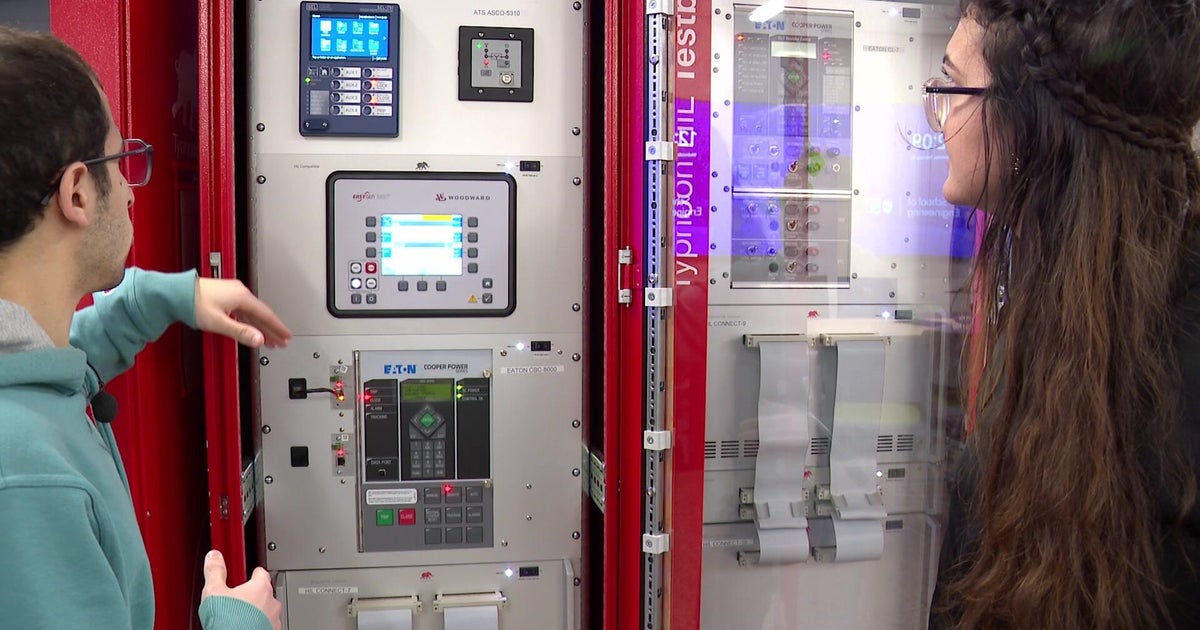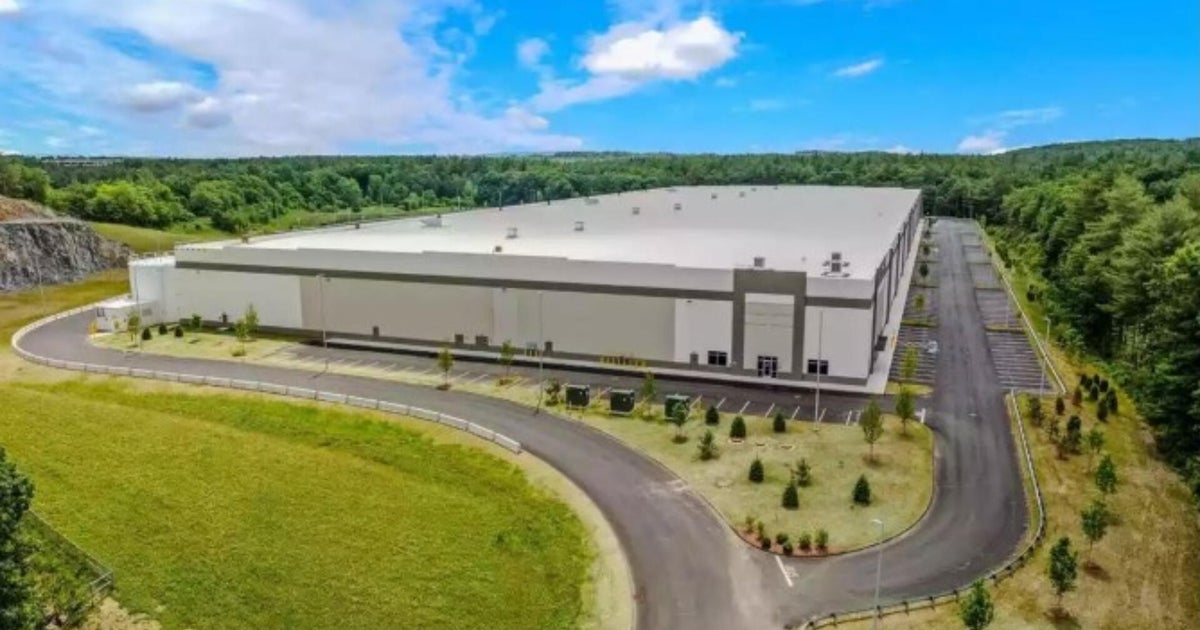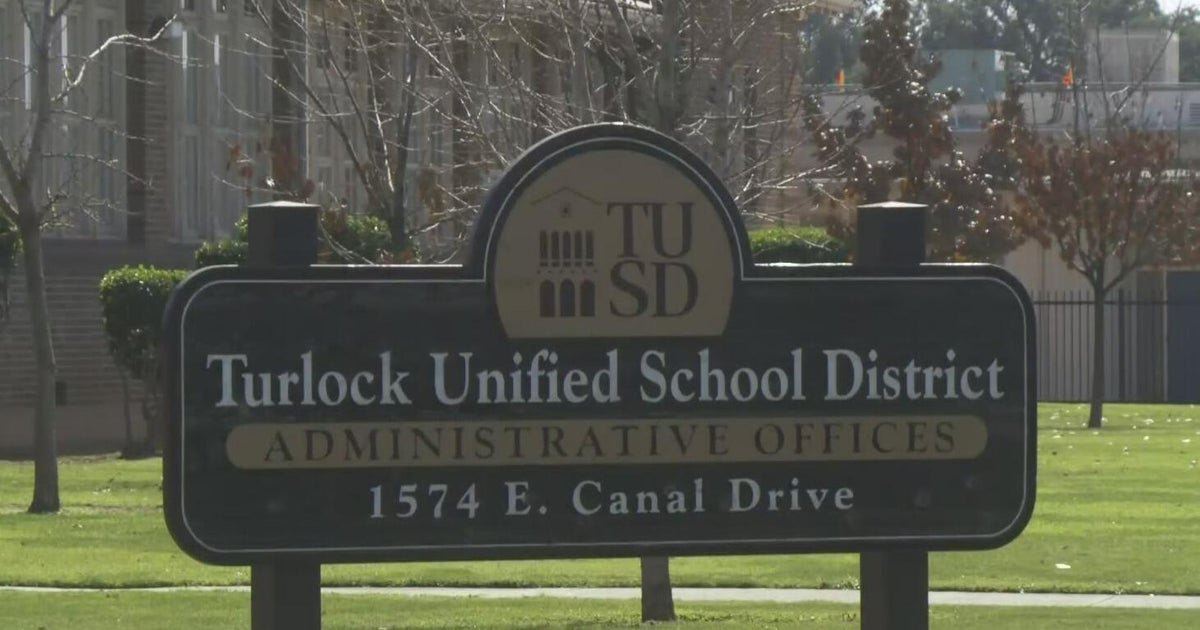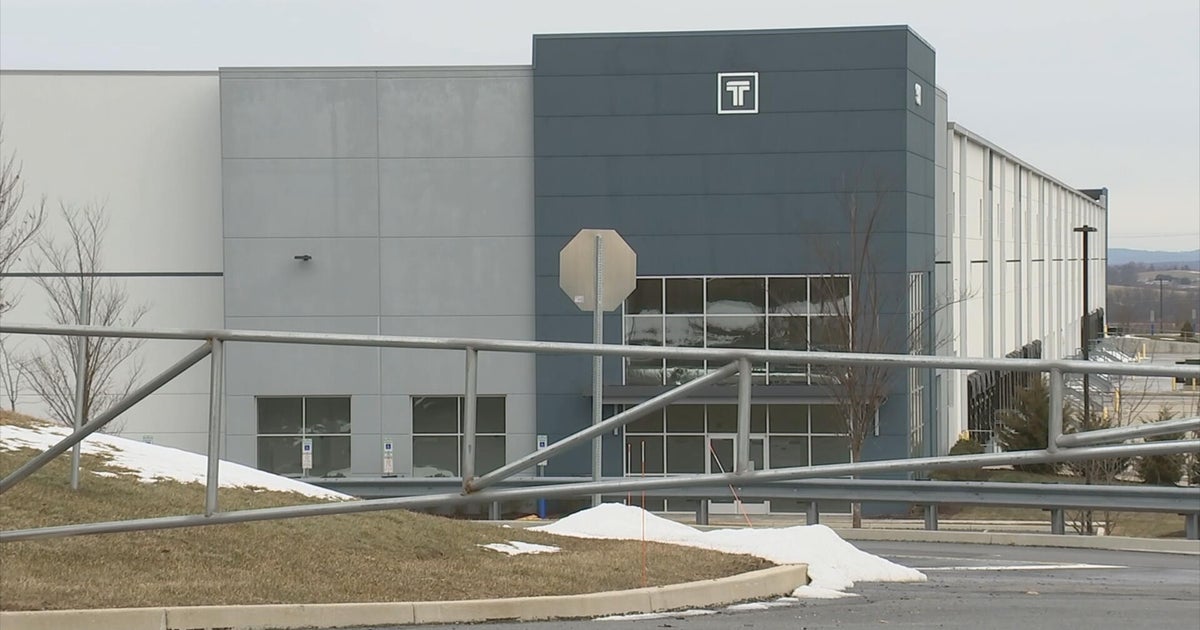Some raise concern over size of public investment in cannabis company on Iron Range
MINNEAPOLIS -- The decision to award a new cannabis company on the Iron Range millions in publicly-funded loans is raising questions among elected officials and industry stakeholders, who have concerns about the size of the investment and scope of the business plan.
The Iron Range Resources and Rehabilitation Board on Tuesday signed off on the assistance for the HWY35 LLC project, which will transform an old lumber mill into a $67 million cannabis cultivation and manufacturing facility run by founders who operated businesses in Missouri.
It received $10 million in a loan from the Iron Range Resources and Rehabilitation agency; another $10 million loan from a Minnesota Department of Employment and Economic Development fund whose funds IRRRB directs; and $2 million in tax increment financing from the City of Grand Rapids.
The board, which is a panel of lawmakers that includes both Republicans and Democrats, voted five to three on the proposal, which states the company will generate 400 new jobs.
Funding to the economic development agency focused on northeastern Minnesota comes from mining taxes. Some on the board celebrated the boost the cannabis business could bring to the region, while others were uneasy about giving the company.
Sen. Justin Eichorn, R-Grand Rapids, did not support giving the company assistance. He thinks approving funding at this stage is too soon since the Office of Cannabis Management tasked with oversight of the industry is not yet fully up and running and has not issued any business licenses yet.
"We have a responsibility to the taxpayers of the taconite relief area in the Iron Range to spend those dollars prudently and in this case I didn't think we were being prudent," he told WCCO.
A contingency for HWY35 to receive the funds is to get that state authorization to operate in Minnesota and demonstrate it has fully funded the project. The company wants to be a leading provider of high-quality cannabis products, and one of its founders in an interview with WCCO said they intend to follow all regulations.
Leili Fatehi, partner and principal at Blunt Strategies who worked on the legislation at the capitol, said she was concerned about a loan of this size going to a business that has demonstrated it has secured millions in capital for the project.
That's at odds with the intent of the law, which was to create a "craft" cannabis industry that is not dominated by large operators, she explained.
She also noted that a program set up under the Office of Cannabis Management will allow entrepreneurs to apply for up to $150,000 in forgivable loans to jumpstart their businesses—a boost that pales in comparison to the $22 million HWY35 is receiving.
"It's very concerning that one operator—a large out-of-state operator—that's going to have a head start in terms of capital and getting this facility established even before rulemaking has been done or the application process for licensing has even been opened," Fatehi said.
Gov. Tim Walz said during a press conference Wednesday that questions about the investment were fair, and that he is also seeking more information from the agency about what went into the decision to approve the financing.
"This is the age-old question: is this government picking winners and losers? That's always a fair question to ask. Is it the appropriate thing to do this?" he told reporters. "We have determined in Minnesota with the IRRRB's nature that we are going to give some preferential treatment to the Iron Range because of unique situations on that. I don't know yet exactly how that was. But I think the question is fair."
Meanwhile, Iron Range Resources and Rehabilitation Commissioner Ida Rukavina praised the project for its job creation and ability to generate new tax revenues to support the region.
"Because the project is based in both manufacturing and agriculture, it has the potential to significantly diversify the local economy, which is one of our agency's primary goals," she said in a statement.
Rep. Roger Skraba, R-Ely, said he was initially concerned about the price tag and noted it would be difficult to fund similar projects at the same level. But he said he heard from constituents that they supported the project.
"Whether it's grown here or in Luverne or in Grand Forks, it's going to get grown. And they're anticipating a $1-2 billion business so somewhere along this line we need to step in and diversify our economy," he said during Tuesday's meeting.








